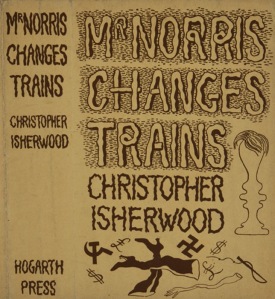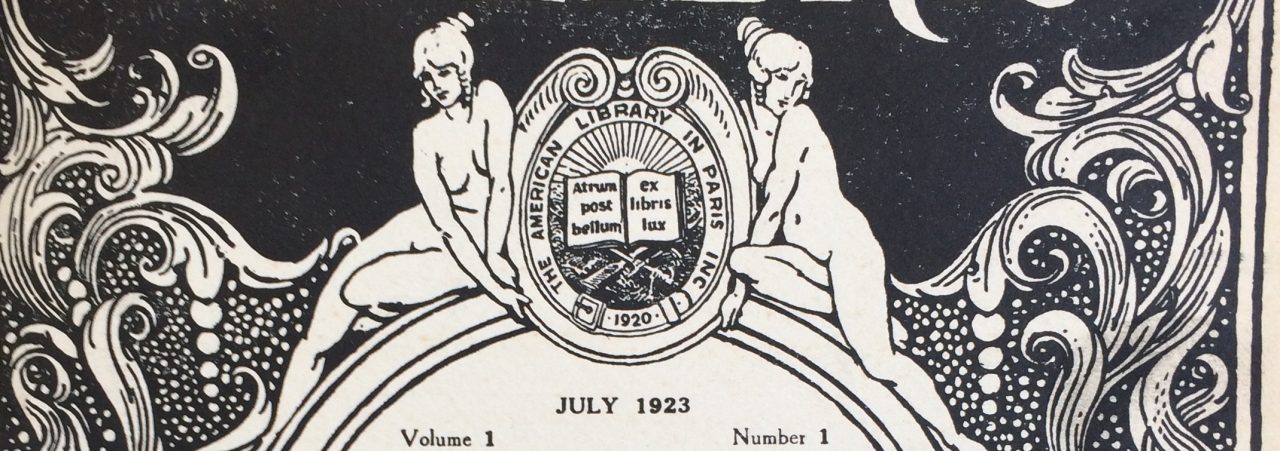By some coincidence, this past week my syllabus included plans to discuss the Nazis’ rise in Weimer Germany with my students. It’s an Intro to Literary Studies class, and this week’s critical lens was historicism.

We were reading Christopher Ishwerood’s Mr. Norris Changes Trains—set in the early 1930s, its events culminating in the Reichstag Fire and violent force used against the Nazis’ communist opposition. The book was published in 1935—WWII’s atrocities had yet to occur—but by book’s end there are premonitions of the cleansing that is to come.
I planned to argue to them that the narrator, William Bradshaw’s, constant misreading of situations, his unreliability, stands in for the German people’s lack of awareness of what they’re allowing to rise to power. That all the ways the book withholds knowledge from readers echo this theme. I planned for us to to discuss whether ignorance makes people complicit.
And then, as I worked on the week’s lessons, Charlottesville happened, and the relationship between obliviousness and complicity felt anything but academic. But what to say and how? 1933 and 2017 felt uncomfortably close—their overlaps almost too obvious to point out.
I was heartened to find on Monday that the class all claimed some knowledge of what had happened over the weekend. But I still wasn’t quite sure how to incorporate Charlottesville into our discussion. I teach at a public university in California, my students are largely Californians, from a broad spectrum of backgrounds, so I can count on most of them sharing a common political perspective (and being fairly used to educators who don’t refrain from sharing their own politics).
And we did discuss Weimer Germany, with the help of this: https://www.youtube.com/watch?v=kybjUg4kw_s
And we watched a few minutes of this to know what Nazis believed in: https://www.youtube.com/watch?v=dvCkw87FLZk
And after a full class session discussing the 1930s, and the history and politics explicit in Mr. Norris I felt ready to show them this:
I knew this was disturbing enough to shut conversation down (I cried at its opening shots when I first watched it), so we followed it with a little bit of catharsis in the form of superheroes punching nazis: http://www.cbr.com/punch-a-nazi-15-times-superheroes-fought-fascism/
(I like to think I never condone violence, but was forced to make an exception). Then we had a 5 minute break, before coming back to resume conversation.
And the reaction was perfect—students immediately articulated obvious connections between the 1930s and the 2010s, they talked about the racism and white privilege they’ve witnessed and experienced in their own lives, and they brought it back to the book to discuss the places where the novel and the narrator’s facades of cluelessness crack, to reveal deeper understandings of truths about both politics and human nature.
